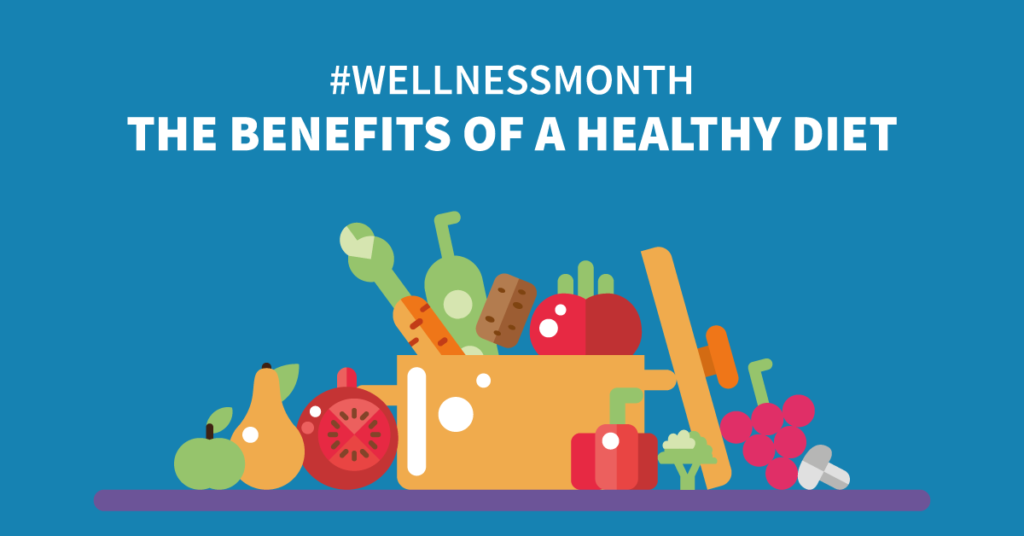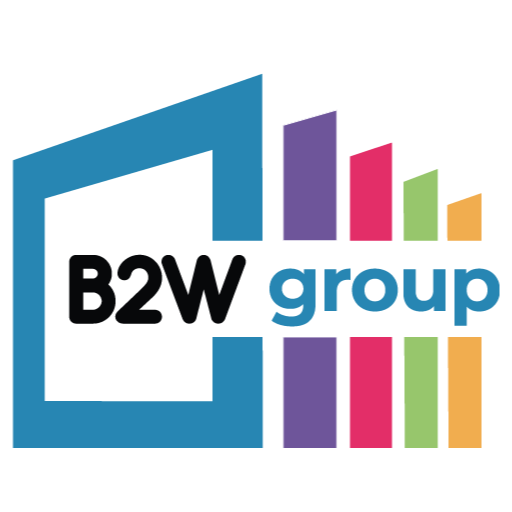
There are many factors that contribute to a healthy body and mind, with one of these being the food that you eat on a daily basis. Eating a healthy, balanced diet can help maintain good health and improve your mental wellbeing.
How does it contribute to wellness?
A healthy diet is the foundation for a healthier workforce. Eating a diet containing food such as fruits, vegetables and whole grains can provide vital nutrients like fibre, folic acids, vitamins and potassium. These can help maintain a healthy blood pressure, reduce cholesterol levels and produce red blood cells.
It can also improve your mental health by triggering the release of serotonin to keep us calm and relaxed and in-turn helping to reduce stress. There are a range of plant foods available that also contain antioxidants that protect brain cells. Good sourses of specific antioxidants include:
Allium sulphur compounds: leeks, onions and garlic
Anthocyanins: grapes, berries and eggplant
Beta-carotene: pumpkin, apricots, carrots, parsley
Copper: seafood, nuts
Vitamin A: sweet potatoes and carrots
Vitamin C: oranges, kiwi fruit, broccoli, spinach, strawberries
Vitamin E: vegetable oils, nuts, avocados and whole grains
Here’s a great infographic that provides you with examples of food you can eat to get your vitamin intake:
What is a balanced diet?
To get the proper nutrients your body needs to function correctly, your diet should be balanced. Here’s what a balance diet contains:
Fruit and vegetables
The most known tip to a healthy diet is eating at least 5 potions of fruit and vegetables every day. Try to make sure these are organic and you’re eating whole foods rather than fruit and vegetables that come as part of a processed meal.
Carbohydrates
Your daily intake should consist mainly of your fruit and vegetables, as well as carbohydrates such as potatoes, bread, rice, and pasta. Choosing whole grain or higher fibre versions with less added fat, salt and sugar is a better option.
Protein
Protein is also important, but you should eat this in a lot less quantity than your carbohydrates. Great sources of protein include beans, fish, eggs and meat.
Fat
Many people don’t know this, but fat is also important in your diet in small quantities. Choose lower fat and lower sugar options when you’re adding fat to your diet.
Recommended daily calories
For a man, the average daily intake of calories is 2500kcal, and for a woman 2,000kcal.
This will need to be adjusted depending on age, metabolism and levels of physical activity as well as other things.
Drinking water is just as important
Drinking water has many benefits, such as maximising physical performance, increasing energy levels and brain functions, staying hydrated and it may even help to prevent or treat headaches.
The daily recommended intake of water is 6 to 8 glasses. If you’re struggling to drink this much, you can try adding some sugar-free concentrated juice to your water.
Checking your BMI
Body Mass Index is a measurement of a person’s weight with respect to their height. It will give you an indication of if you’re underweight, overweight, obese and other weight classes and will take into consideration factors such as age.
You can use the NHS free BMI tool to see what weight you’re classed as.
Helpful infographics for healthy eating
Here are some healthy eating infographics that have been provided by Lifehack including balanced diets and easy replacements to guide you to a healthier lifestyle. There is even one available for those that don’t have much time to prep!
Further reading:
Safely losing or gaining weight
The NHS has provided a free 12-week diet and exercise plan to help maintain a healthy diet and weight. There are also resources available for safe weight gain, and we recommend working with your doctor for the best plan for you. You can find more information on the NHS website.
Level 2 in Nutrition and Health
The B2W Group offer a level 2 qualification in nutrition and healthy eating which covers key topics including the principles of healthy eating, the nutritional needs of individuals and using information to plan a healthy diet and weight management. This will be completed remotely online and you will gain a qualification once completed. Find out more here.


